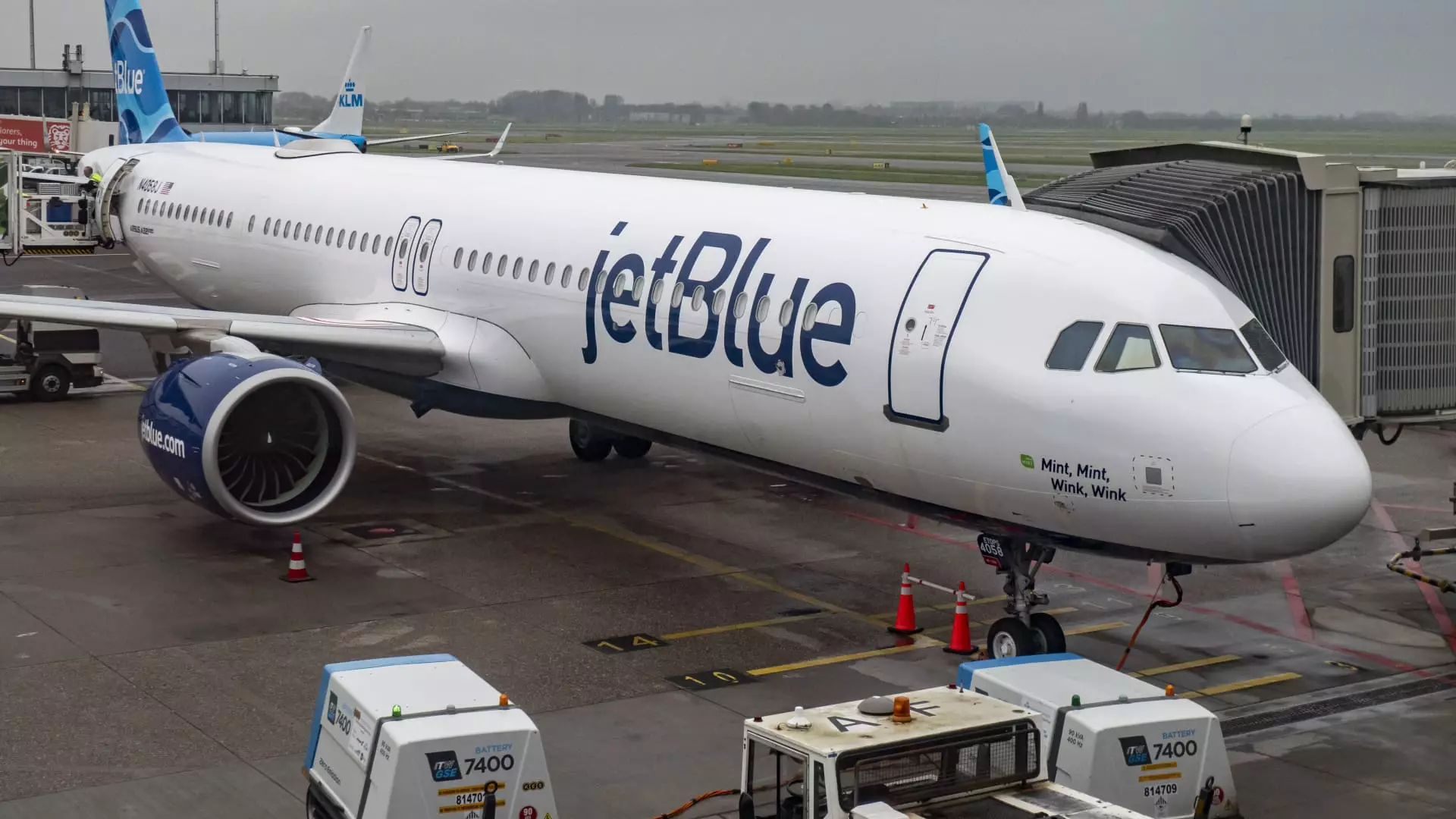In a calculated move to bolster its financial performance, JetBlue Airways has announced significant adjustments to its flight operations, focusing on eliminating unprofitable routes and reallocating resources. This decision marks the airline’s ongoing efforts to achieve stable profitability and manage operational costs in a challenging marketplace, especially against the backdrop of shifting consumer travel preferences during the post-pandemic period.
The airline’s strategy includes discontinuing flights between several U.S. cities, notably ceasing operations on routes such as Fort Lauderdale to Jacksonville and New York’s JFK to Austin, Houston, Miami, and Milwaukee. Furthermore, JetBlue plans to terminate its service to San Jose, California, a city that has struggled to sustain consistent demand. Such decisive actions illustrate the airline’s commitment to optimizing its network, reflecting a broader industry trend where carriers are reevaluating their service offerings to maximize profitability.
An interesting aspect of JetBlue’s operational overhaul comes from its performance in Miami, where it has found itself facing fierce competition from established airlines like American and Delta. Despite Miami being a vital route for JetBlue, the airline’s vice president of network planning, Dave Jehn, acknowledged that profitability has eluded them in this market post-COVID. The cancellation of the JFK to Miami route has led to staffing considerations, with JetBlue proactively engaging with crew members to provide alternative opportunities within its broader network.
While Florida remains a key area of focus for the airline, the actions taken in Miami serve as a sobering reminder of the challenges that low-cost carriers face when entering markets dominated by legacy providers. JetBlue’s experience is emblematic of the struggles that many budget airlines encounter as they attempt to navigate crowded and well-established hubs.
Looking ahead, JetBlue is not only retracting its services but is also preparing to explore new opportunities, particularly in Europe. The airline plans to reveal upcoming European services as part of its strategy to adapt to changing international travel trends. However, JetBlue’s decision to reduce capacity on its JFK to Paris flight and eliminate seasonal service to London’s Gatwick underscores a recalibration of international growth strategies.
This cautious approach demonstrates JetBlue’s intent to focus on routes with higher demand and profitability potential, as the airline grapples with broader shifts influenced by the Pratt & Whitney engine issues and evolving travel patterns. The emphasis on restructuring showcases a larger narrative within the airline industry, where flexibility and responsiveness to consumer demand have become paramount.
JetBlue’s announcements have been met with a positive reaction in the financial markets, as evidenced by the over 8% increase in share prices following the revelation of its revised operational strategy. The airline’s management team, led by CEO Joanna Geraghty, remains committed to downsizing costly operations while simultaneously capitalizing on profitable opportunities through its popular Mint service.
JetBlue Airways’ current trajectory emphasizes the necessity for airlines to remain agile and adaptable. By pruning underperforming routes and focusing on strategic markets, JetBlue not only aims to enhance its profitability but also positions itself to seize future growth opportunities in an ever-evolving travel landscape.

